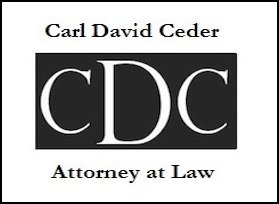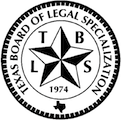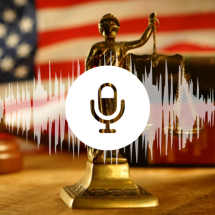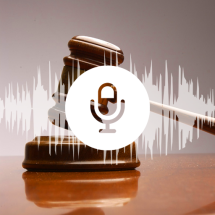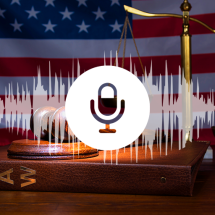Drug Possession
The Law Office of Carl David Ceder has a high success rate for his clients. The Texas criminal justice system is difficult and can be a long and difficult road to travel down alone Some people feel that a drug possession crime may not affect their lives for the long haul. This is simply not true. The reality is that the penalties involved with any drug possession crime can be severe; especially if you had a certain number of drugs on you. This can lead to multiple fines and possible jail time.
Drug possession charges usually happen during a typical traffic stop. Evidence was probably collected at the scene; but that does not always mean the prosecutor can use it against you. Did the police have reasonable suspicion to search your vehicle? Was there a probable cause to even stop you? Were you questioned or felt pressured for the wrong reasons? Attorney Carl David Ceder will help determine if the search was illegal. He may be able to reduce the evidence against you. He may also be able to prevent a conviction that would leave a mark on your record or permanently ruin your life.
Accused of drug possession, possession of drug paraphernalia, drug sales, drug trafficking related to marijuana, methamphetamine, heroin or prescription drugs like Steroids, OxyContin, Vicodin or Xanax? Attorney Carl David Ceder knows how to handle these types of situations to help find an amicable resolution for your case. He will protect you from your legal repercussions.
Drug Possession:
Possession of drugs (or drug paraphernalia) can be a felony or a misdemeanor in Texas, depending on the amount and type of drugs you are accused of possessing. Usually, if you are found with less than four ounces of marijuana in your possession, you will be charged with a misdemeanor possession charge. However, possession of even a small amount of cocaine (less than a gram ) is considered a felony.
The Texas Health and Safety Code governs the possession law, dividing controlled substances into five penalty groups, with an additional category for marijuana. While some of the substances are legal, it is illegal to possess them WITHOUT a prescription. The classification of the criminal offense and punishment range for any drug charge depends on the penalty group in which the particular controlled substance is included and the amount of controlled substance at issue. A table is listed at the end of this page detailing the penalty groups for each controlled substance.
If the police find drugs in a car or find drugs/narcotics in a residence, it is not uncommon for the police to arrest everyone in the car or residence. However, merely being in the presence of drugs/narcotic is not enough to sustain a conviction in a drug possession case in Texas. In order to gain a conviction in the case, the state must be able to prove the accused was in actual or constructive possession of the drugs/narcotics.
Section 1.07 of the Texas Penal Code defines possession as actual care, custody, or control. Section 481.002 of the Texas Health and Safety Code defines possession as actual care, custody, control, or management. Merely being close and/or around drugs is not enough to support a conviction. The prosecutor has to prove that you intentionally or knowingly had actual care, custody, control or management of the drugs. If you did not “know” that the drugs were there, you are “Not Guilty.”
Common defenses in drug cases can also focus on the legality of the search and seizure. The 4th Amendment of the United States Constitution protects us against unreasonable searches and seizures. Generally speaking, the police cannot search your person, your vehicle, or your residence without probable cause. Often, they are not allowed to search without first obtaining a search warrant. If the police illegally searched you or your property, the evidence seized will not be admissable in a trial and may be supressed in a pre-trial hearing.
Contact Us Now
You can contact The Law Offices of Carl David Ceder at anytime for assistance at 214.702.CARL(2275) or at 469.2000.DWI(394). You can also e-mail Carl directly, at [email protected]; or to the office for general inquiries at [email protected]. Phones should be answered 24 hours a day/7 days a week for immediate and prompt assistance. E-mail messages will try to be responded to with 24-48 hours, depending on whether Carl and his team is in trial and/or is busy working on a case for a contested hearing.

